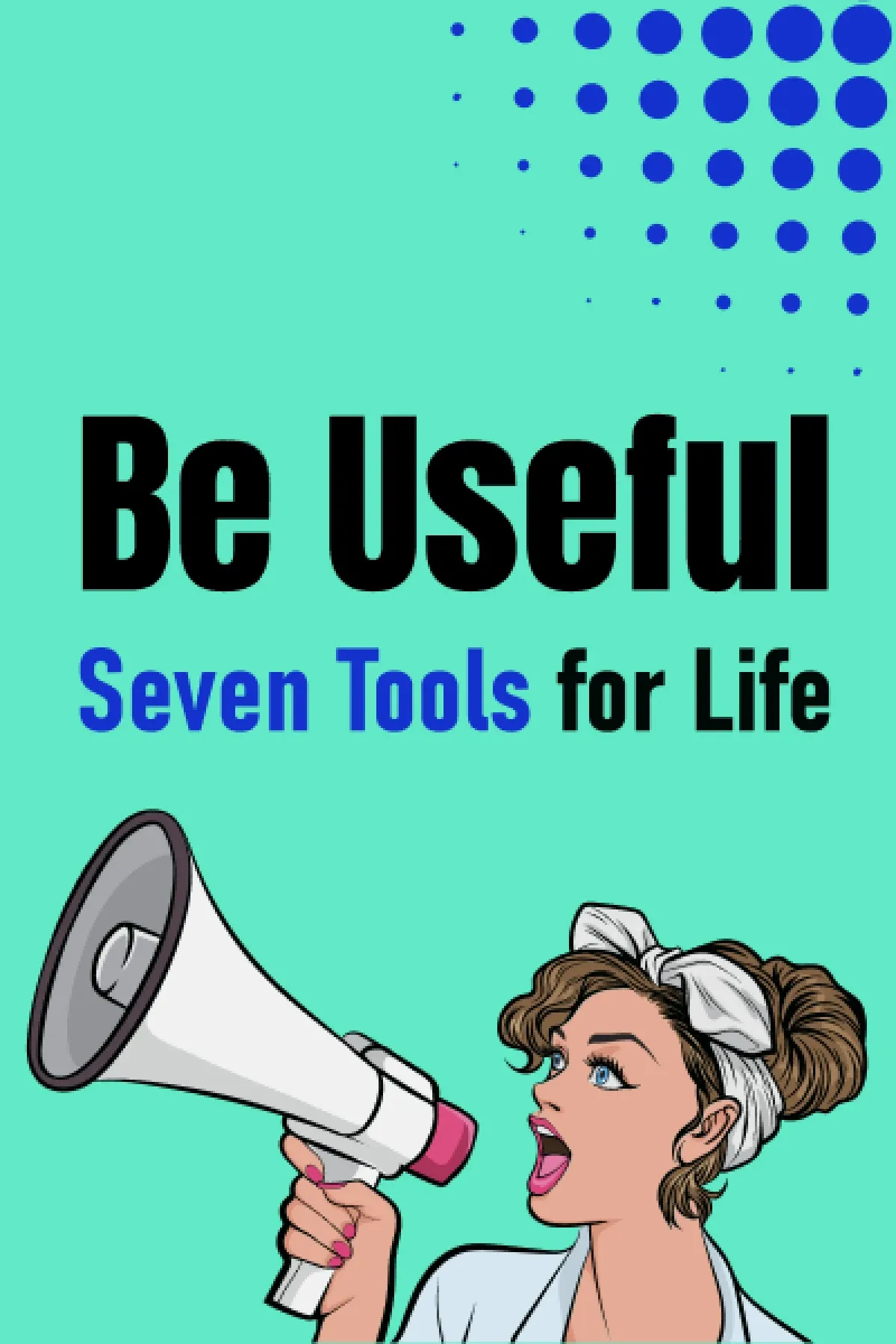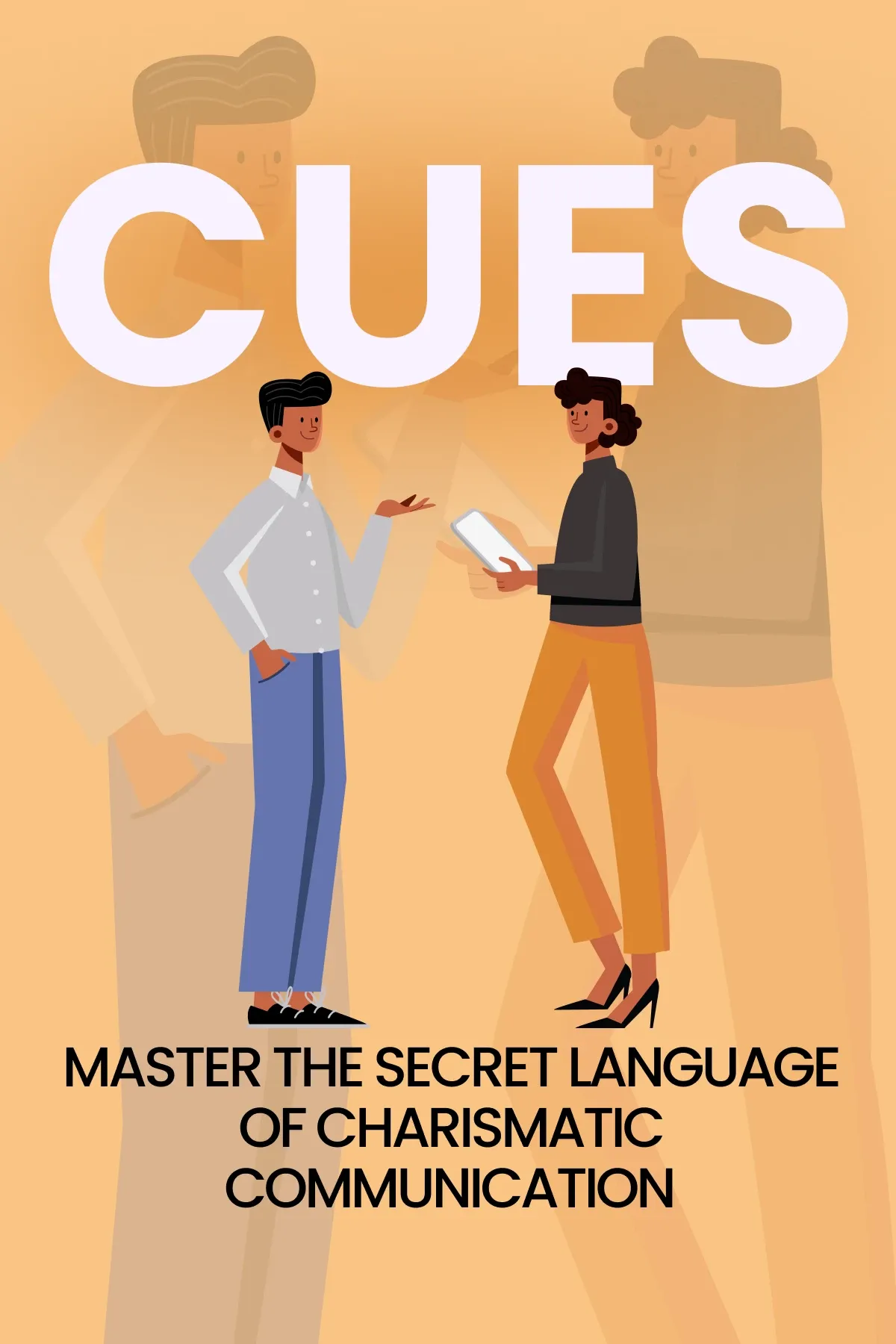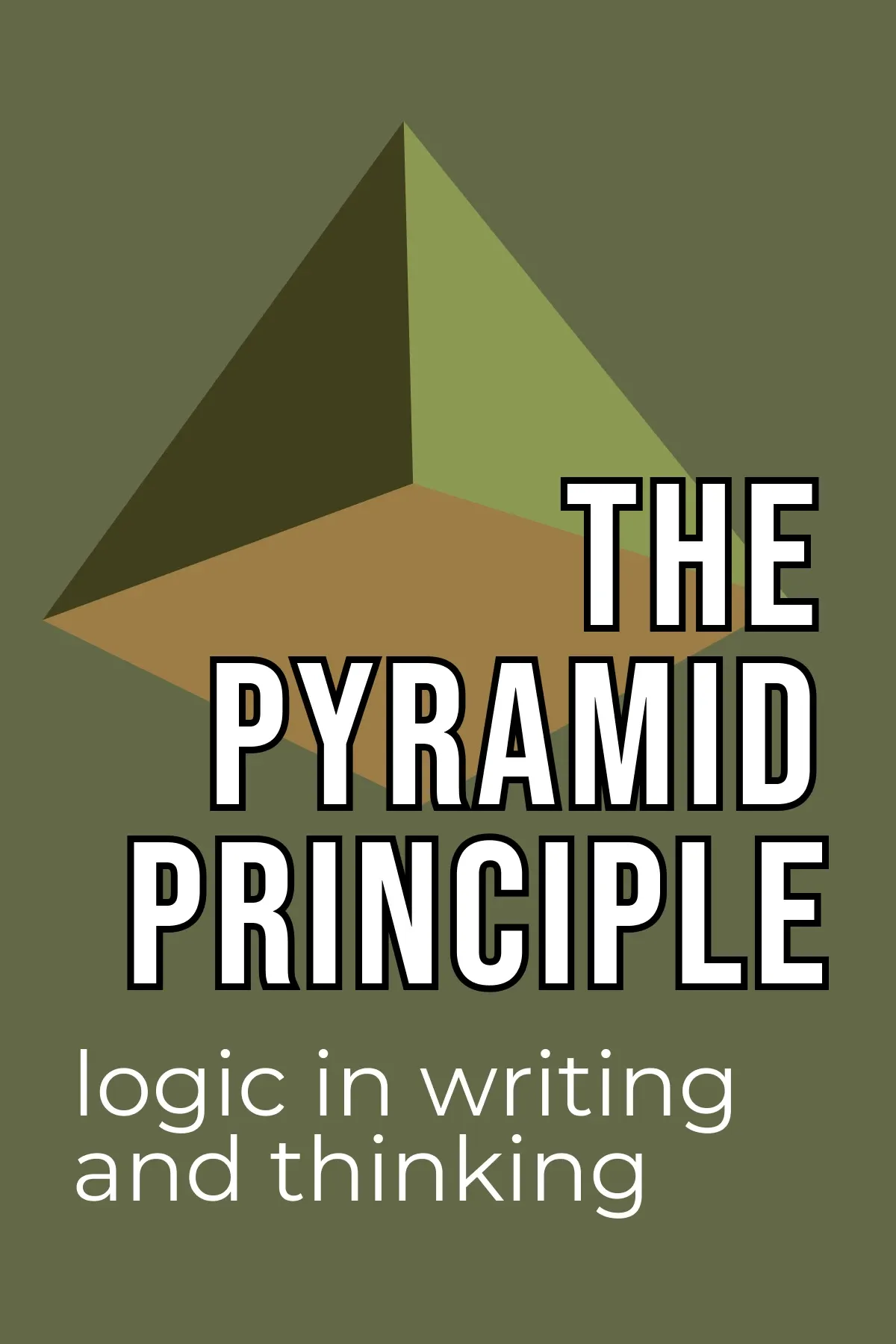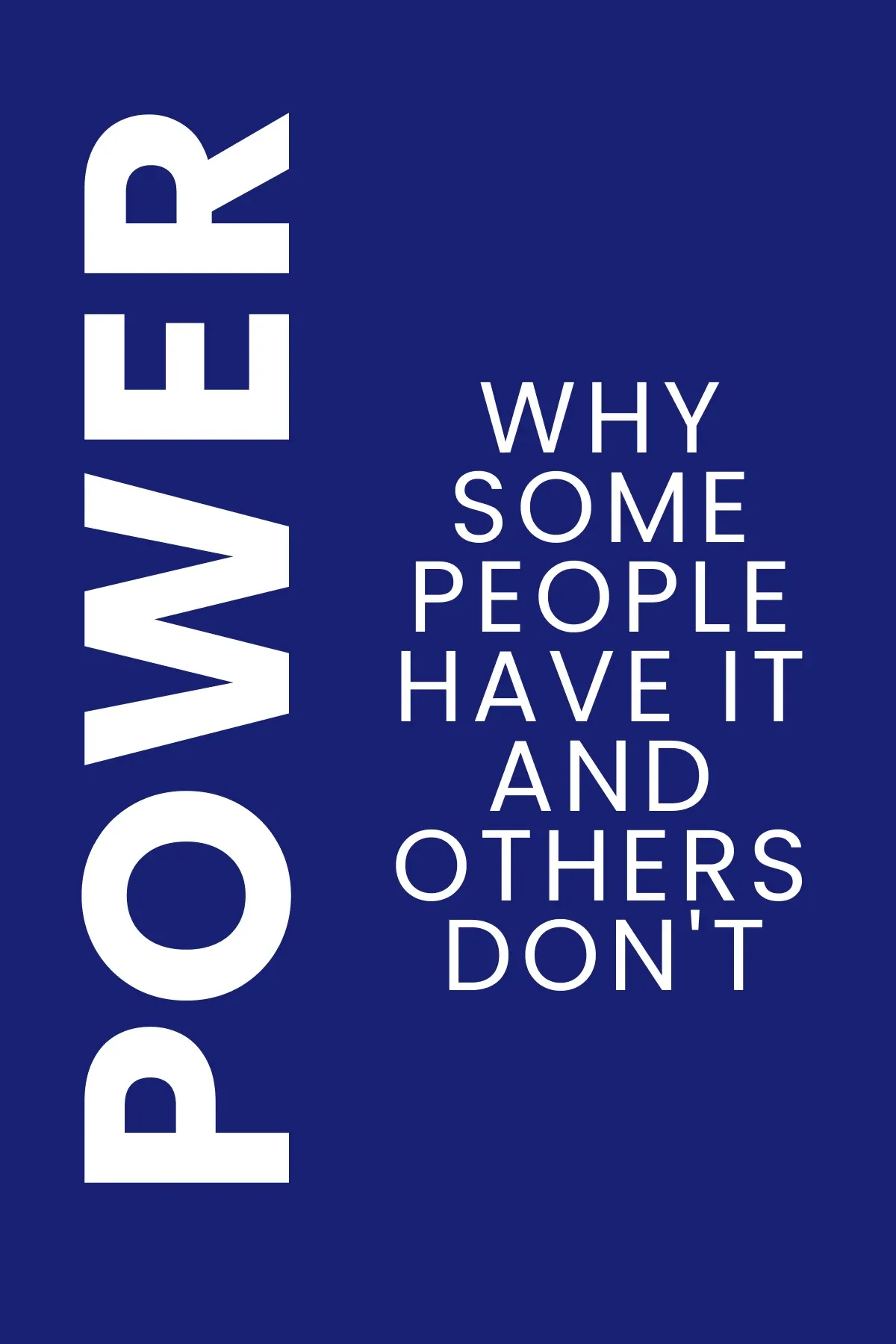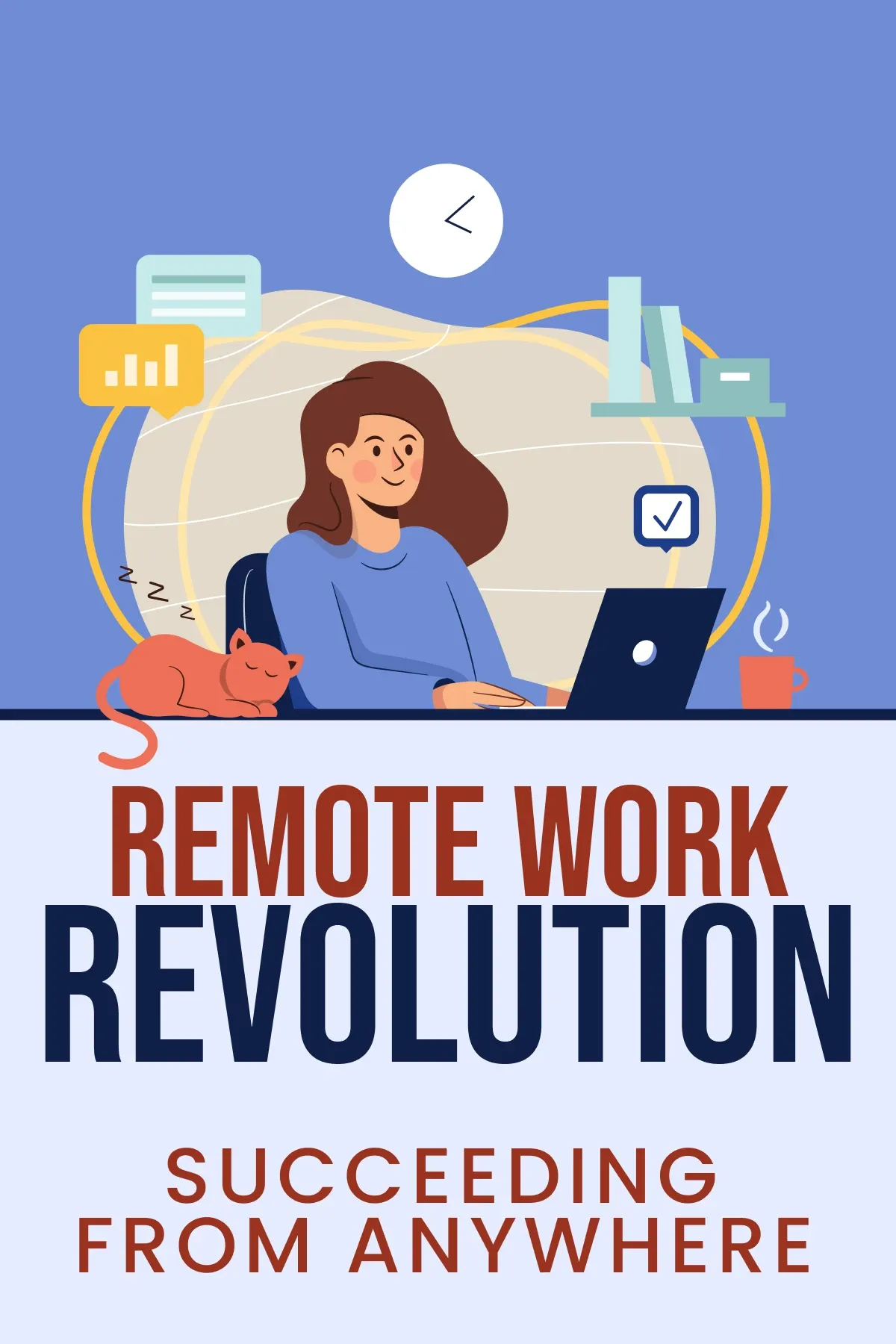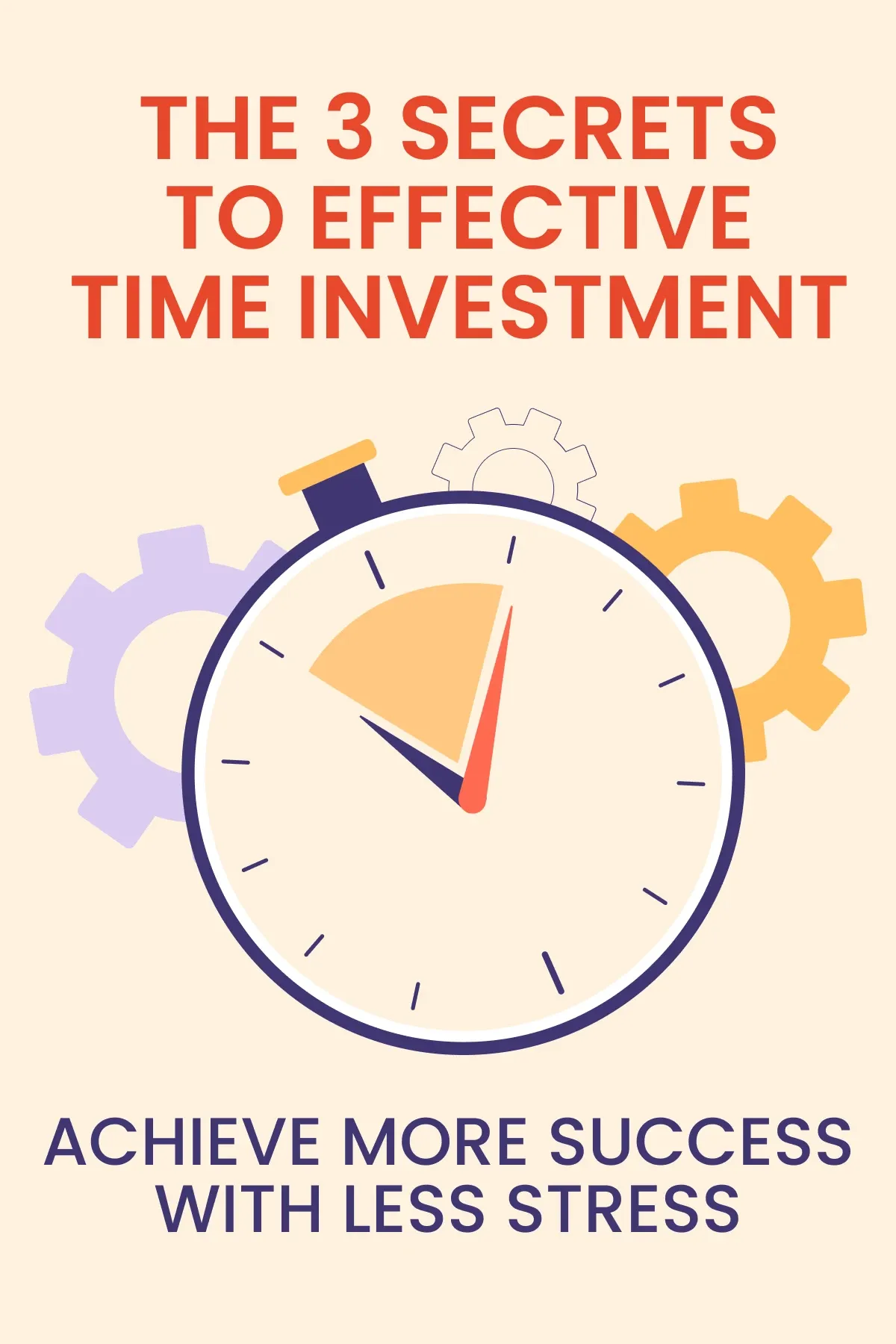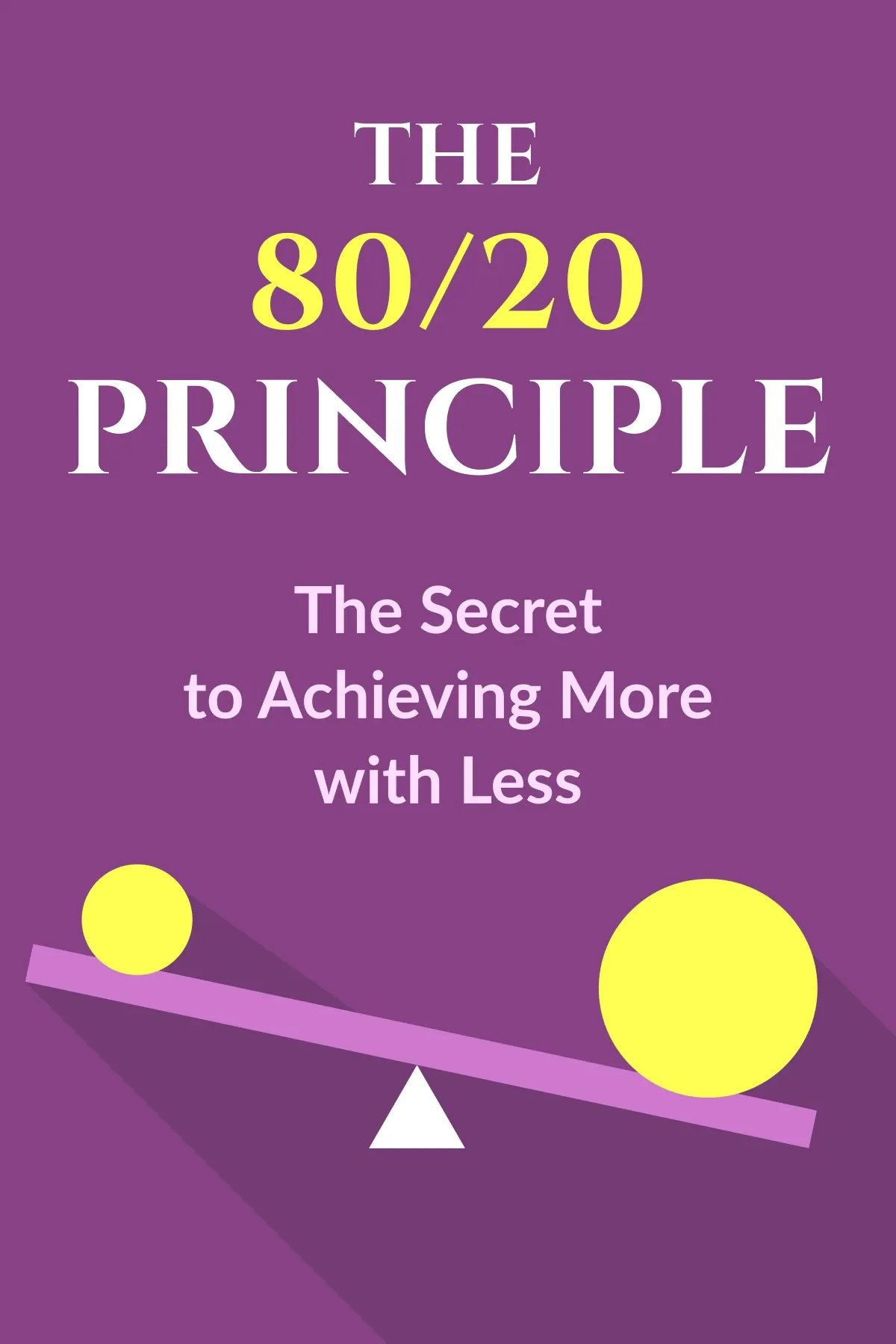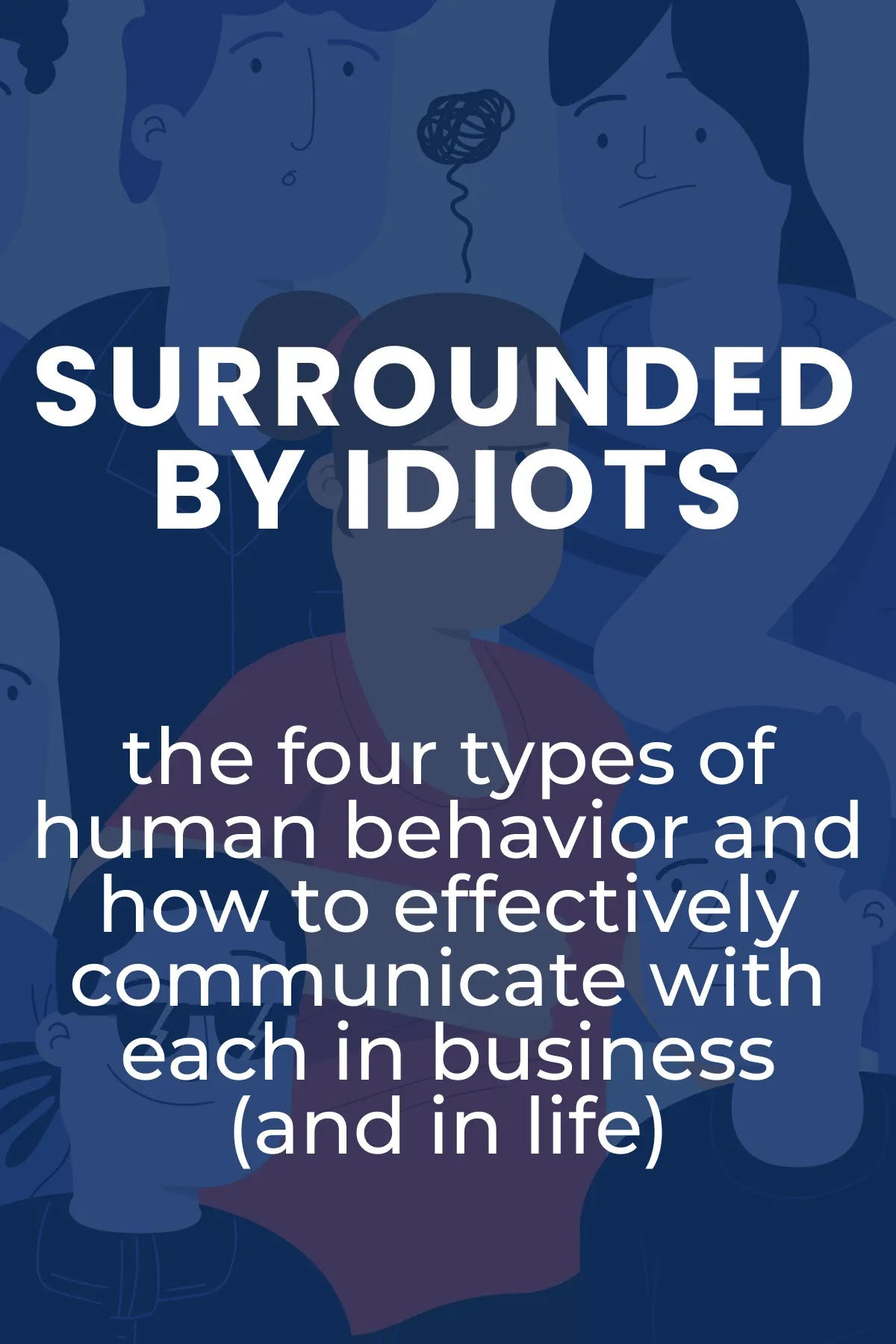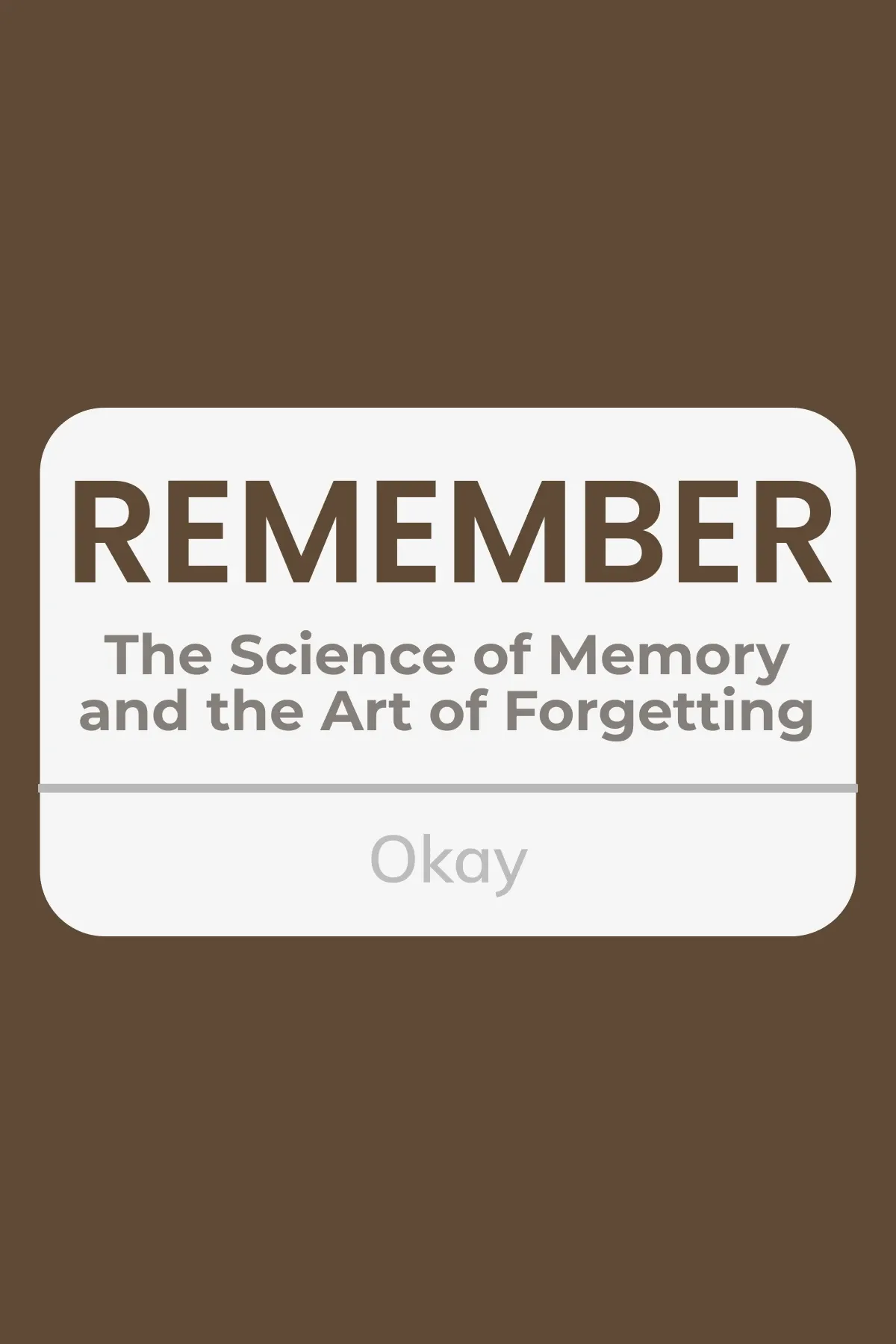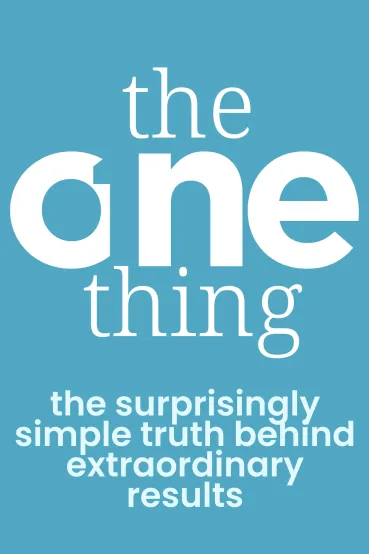
The ONE Thing
Brief Summary
The question of success has always preoccupied people’s minds. How can you do less but get more, and is it even possible? Gary Keller and Jay Papasan believe it is; you just need to identify your “ONE thing”.
Topics
Key points
Key idea 1 of 9
Do you know what multitasking is? At first, the word referred to a computer that used a single processor to perform multiple tasks. Later, the term gained wider usage and has become ingrained in the modern lexicon. Multitasking is now almost synonymous with efficiency. People believe the more things they do at the same time, the more they accomplish. It is a misconception, though. Yes, we can indeed do several things in parallel. For example, read a book and drink tea, or walk down the street and talk on the phone. However, it's impossible to stay focused on two tasks equally.
Scientists claim that trying to do several things simultaneously reduces our productivity. Moreover, we lose time we could use more effectively. So, our solution is to divide the tasks. The point is that our brains, like computers, need time to readjust from one task to another. It seems that everything happens quickly, but the more often such "switching" occurs, the more time we lose. As a result, we can waste hours.
Imagine this: you work in an office. Your computer constantly receives notifications of incoming e-mails, and your phone is ringing off the hook with clients' calls. The colleague next to you keeps telling you how he and his girlfriend went to the movies last night while you are trying to write a report for your manager. And it is like this every day!
According to research, an average office worker gets distracted almost every 10 minutes. Subsequently, they spend more than 30% of their day regaining their concentration after each "distraction." In the end, the amount of time and concentration decreases, but the number of tasks, unfortunately, does not.
Multitasking has many negative consequences. Firstly, struggling to do several things at once increases stress levels. As a result, we become more nervous, irritable, and tired. Secondly, constant multitasking makes it hard to estimate how much time a particular task takes. It also leads to missed deadlines. Multitasking causes more errors, takes up extra time, and reduces your efficiency by almost a third. Trying to do multiple tasks simultaneously, you may not be able to finish one of them in time.
FAQ
You may also like these summaries


